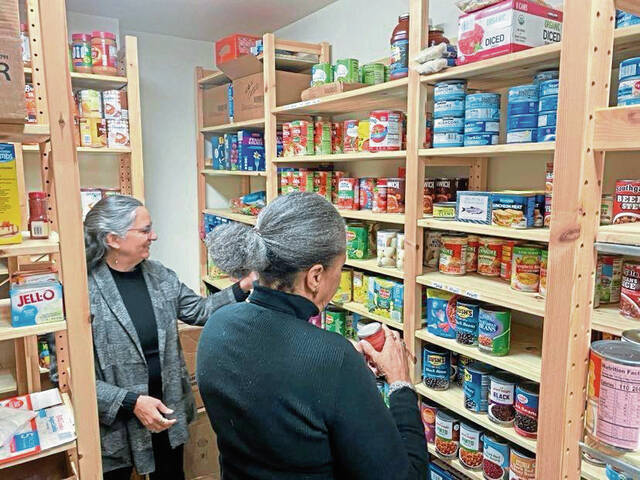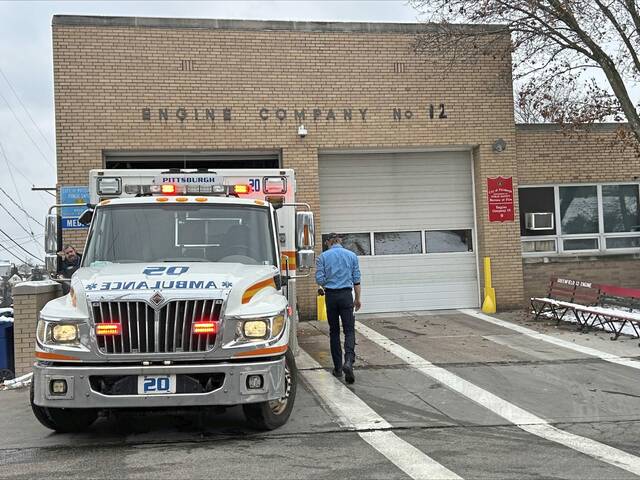A hunger crisis is happening across Pennsylvania — in every county and every legislative district — but you wouldn’t know unless you look.
Food insecurity, according to Feeding America’s Map the Meal Gap Report, has risen 40% over the last two years in the commonwealth. Now, one in eight of our neighbors don’t have enough to eat, and one of every six kids you see.
Food banks and their partners are experiencing record levels of demand for assistance. The federal One Big Beautiful Bill Act promises to make this situation worse — and we need our state lawmakers to meet this challenge with us.
More than 2 million Pennsylvanians rely on the Supplemental Nutrition Assistance Program (SNAP) to access the food they need to thrive, including working families, seniors living on a fixed income and veterans returning home.
The new federal budget law makes the most significant cut in SNAP’s history. It will take away food from those who need it the most. The Pennsylvania Department of Human Services estimates that 144,000 individuals will lose their SNAP benefits, and our neighbors will lose access to nearly 396 million meals.
When tough kitchen table conversations turn into impossible choices, where will they turn for help? Food banks and their partners.
The need will rise in visible and (sometimes) invisible ways. Lines for food distributions in school parking lots will grow a little longer. Pantries in the basements of churches, synagogues and mosques will see more neighbors come through their doors. In the quiet moments, people across Pennsylvania will wonder where their next meal will come from.
Pennsylvania’s charitable food network and food banks will be there for them. Now, we need our state lawmakers to be there for us.
In February, Gov. Josh Shapiro unveiled his 2025-26 budget proposal, which included an $8 million increase in the commonwealth’s two cornerstone anti-hunger programs — the State Food Purchase Program (SFPP) and Pennsylvania Agricultural Surplus System (PASS).
These programs, along with funding for the Senior Food Box Program, which delivers meals to low-income older Pennsylvanians, are commonsense tools that are now more critical than ever.
Together, SFPP and PASS are lifelines that ensure a reliable supply of fresh, healthy food for those in need while also strengthening our agricultural economy by connecting surplus Pennsylvania-grown products with charitable food providers. More simply, families in all 67 counties get the food they need and local farmers get paid — a win for all.
The Shapiro administration was proactive and wise in proposing the increase when it did. The need was great then, and with the new federal budget bill taking effect over the next several years, it will only grow. Lawmakers have an opportunity to do something about it.
As negotiations around the next state budget go into overtime, the administration and legislators have a window to invest in SFPP and PASS to support our agricultural partners and meet the growing demand from our neighbors.
We recognize that financial resources are limited, and tough decisions must be made. Still, we encourage Pennsylvania lawmakers to fully fund the state food line item at $47 million so we can best address food insecurity at the local level.
Now more than ever, we must stand united to ensure that no one in Pennsylvania goes hungry.
We look forward to working with the Shapiro administration and state lawmakers to secure the support needed to strengthen these programs and get food to shelves, meals into homes, and more support to the people who need it most.
Stuart I.R. Haniff is executive director of Hunger-Free Pennsylvania, which comprises 18 food banks that serve all 67 counties.








